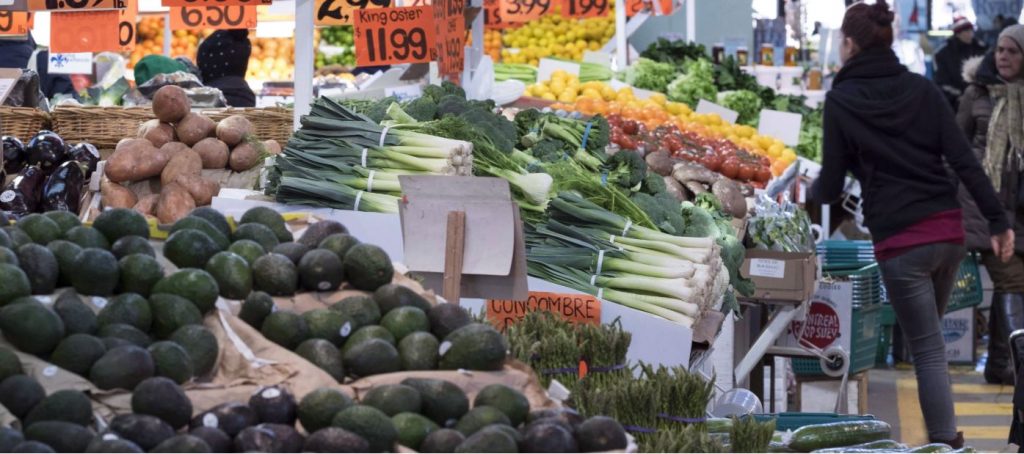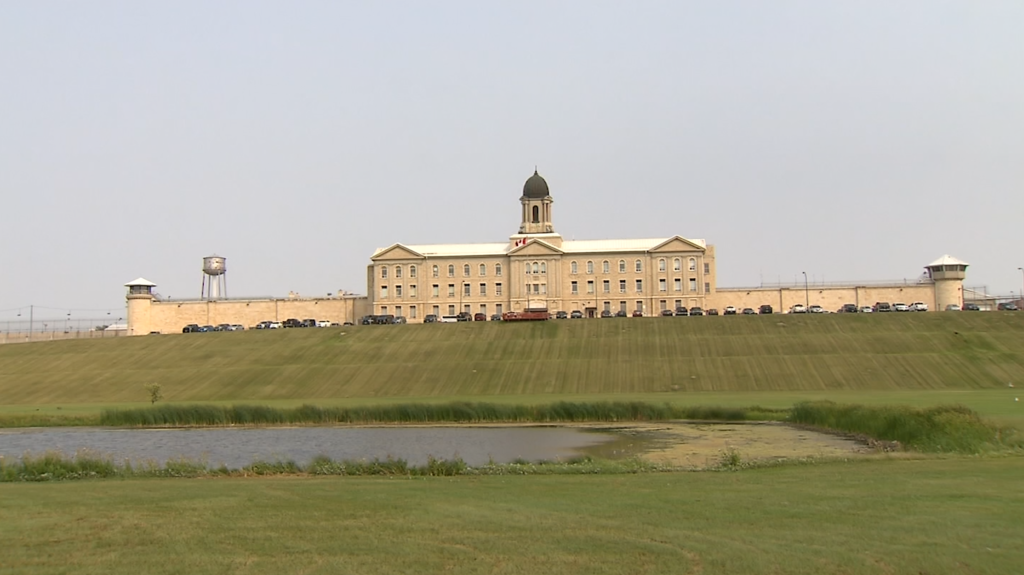Greenhouse gases from food waste, how bad is it?

Posted March 7, 2022 3:39 pm.
Last Updated March 8, 2022 9:51 am.
Millions of tonnes of greenhouse gases are produced every year in Canada from the food that gets thrown into the trash.
Wasting food is feeding climate change, according to the National Zero Waste Council (NZWC), who say more than 60 per cent of the food Canadian households throw into the garbage could have been eaten at the dinner table.
“That amounts to about $1,100 for the average family. Four-and-a-half meals a week, at a time when the cost of food is rising,” said Joanne Gauci of the NZWC.
Gauci wants people to recognize simple actions they can take at home to prevent unnecessary food waste and help the planet by participating in the inaugural international “Love Food Hate Waste” campaign.
“When you think about the average Canadian household in Canada, we’re wasting about 140 kilograms of food per year, so that is an astonishing amount of food waste,” said Gauci.
Gauci says, for context, food waste in Canada adds up to 2.2 million tonnes per year, at a cost of more than $17 billion. The environmental impact of avoidable food waste is equal to 9.8 million tonnes of CO2 emissions or 2.1 million cars on the road.
Gauci adds, if food waste was a country, it would have the third-biggest carbon footprint after the United States and China.
“We’re really trying to understand climate change and the changes we can make in our own lives to have an impact, and I think this is one of the areas in our life that we overlook,” she added.
“I think sometimes it comes down to not knowing what to do with the food that we purchased,” added Jeanette Sivilay, sustainability planner with the City of Winnipeg and coordinator of the Winnipeg Food Council.
Sivilay says food waste is a big contributor to global greenhouse gas emissions and suggests buying ingredients that can do double duty like tortillas for quesadillas or tacos or leaning into frozen ingredients that last longer in your freezer and offer almost the same nutrients as fresh fruits and vegetables can help reduce food waste.
“Especially as we see inflation in all different areas, figuring out how we can save a little bit of money in a lot of different places is top of mind for people,” she said.
Leaders across the country are recognizing the contribution food waste has on climate change.
Toronto mayor John Tory said “as a city, we are proud to support the first global Food Waste Action Week and to work towards doing everything possible to reduce our greenhouse gas emissions and our carbon footprint.”
And Sonia Gange, president and CEO of RECYC-QUEBEC writes, “reducing food waste at home means taking concrete action in the fight against climate change.”
Food waste-saving tips can be found at Love Food Hate Waste Canada’s website.








